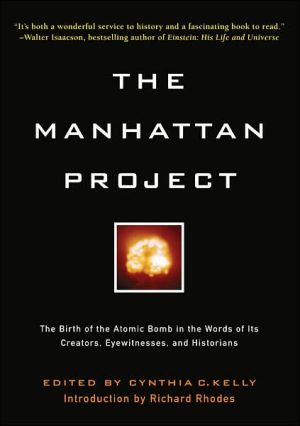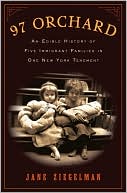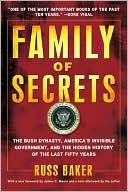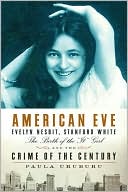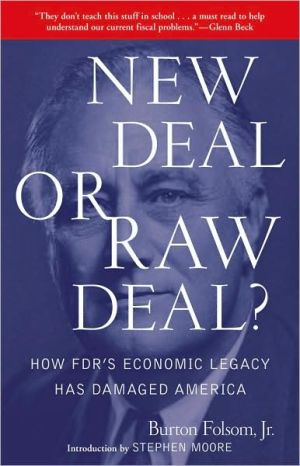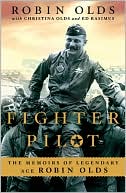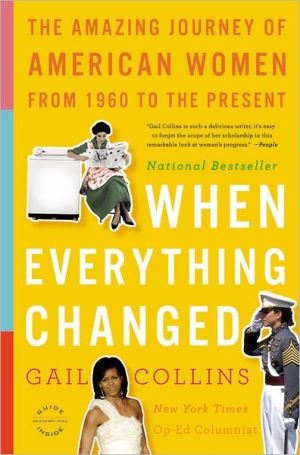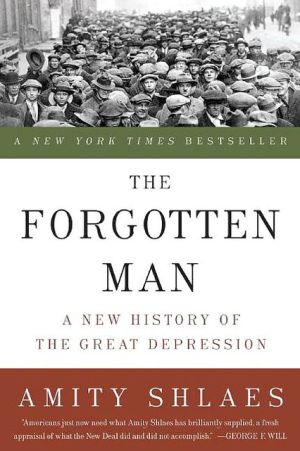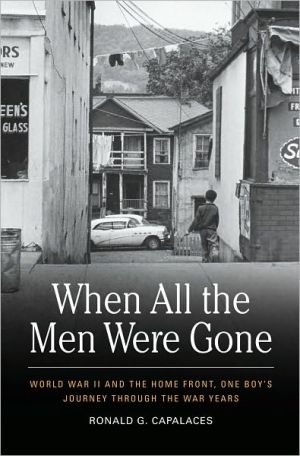The Manhattan Project: The Birth of the Atomic Bomb by Its Creators, Eyewitnesses, and Historians
The first collection ever of the writings and insights of the original creators of the atomic bomb, along with pieces by the most important historians and interpreters of the subject, is now in paperback. \ Born out of a small research program begun in 1939, the Manhattan Project eventually employed more than 130,000 people, including our foremost scientists and thinkers, and cost nearly $2 billion—and it was operated under a shroud of absolute secrecy. This groundbreaking collection of...
Search in google:
Born out of a small research program that began in 1939, the Manhattan Project brought together the cream of the scientific community and the military to create and perfect a weapon more powerful than any the world had known. Racing against time as the war raged in Europe and Asia, and against our enemies, whom we feared were pursuing similar ends, the Project would eventually employ more than 125,000 people and cost a total of over $2 billion—and the entire operation was conducted under a shroud of secrecy, at remote sites around the country.This groundbreaking book—the first of its kind—collects the writings and thoughts of the original participants in the Manhattan Project, along with pieces by the most important historians and interpreters of the subject. It is a rich and comprehensive compilation of documents, essays, articles, and excerpts from histories, biographies, plays, novels, letters, oral histories, and more, and is the freshest, most multi-faceted exploration yet of the topic. Including material by and about J. Robert Oppenheimer, Leo Szilard, Albert Einstein, Richard Feynman, Leslie Groves, Klaus Fuchs, Henry Stimson, Vannevar Bush, Harry S. Truman, Niels Bohr, and many other key figures, it also collects the writings and testimony of those in the trenches at the Project, their families, and local eyewitnesses. Finally, the book includes thoughts and concerns about the bomb, set down in the aftermath of its deployment, by politicians, writers, artists, and others who saw that the world would never again be the same.Assembled with authority and care by the president of the Atomic Heritage Foundation—in cooperation with a team of advising historians that included the Pulitzer Prize-winning Richard Rhodes—The Manhattan Project is an invaluable addition to the historical record as well as a gripping narrative of scientific discovery, military strategy, and moral reflection. Publishers Weekly More than 60 years since WWII was ended by two atomic detonations, the Manhattan Project that made them possible still carries iconic weight, both as an incredible achievement of science and engineering and as the opening salvo in the nuclear arms race. This collection of essays, including excerpts from 45 books and almost twice as many articles, is more than worthy of its subject. The basic science behind the project is detailed in a number of lively accounts by scientists who worked on it; they also recount the lighter side of the experience, including the characters they worked alongside and the camaraderie among them. In-depth analysis of policy and ethical issues take on the justification for Truman's decision to bomb Hiroshima and Nagasaki (with fine examples from both sides of the argument) and the still urgent need for global arms control (as argued in a 2007 Wall Street Journalarticle by Henry Kissinger et al.). With a comprehensive reach (going as far back as 1934 to find a charming story on Oppenheimer, "The Absentminded Professor"), Kelly, president of the Atomic Heritage Foundation and an experienced editor (Oppenheimer and the Manhattan Project) does a masterful job covering all aspects of the world-changing enterprise and its legacy. (Sept.)Copyright 2007 Reed Business Information
\ Publishers WeeklyMore than 60 years since WWII was ended by two atomic detonations, the Manhattan Project that made them possible still carries iconic weight, both as an incredible achievement of science and engineering and as the opening salvo in the nuclear arms race. This collection of essays, including excerpts from 45 books and almost twice as many articles, is more than worthy of its subject. The basic science behind the project is detailed in a number of lively accounts by scientists who worked on it; they also recount the lighter side of the experience, including the characters they worked alongside and the camaraderie among them. In-depth analysis of policy and ethical issues take on the justification for Truman's decision to bomb Hiroshima and Nagasaki (with fine examples from both sides of the argument) and the still urgent need for global arms control (as argued in a 2007 Wall Street Journalarticle by Henry Kissinger et al.). With a comprehensive reach (going as far back as 1934 to find a charming story on Oppenheimer, "The Absentminded Professor"), Kelly, president of the Atomic Heritage Foundation and an experienced editor (Oppenheimer and the Manhattan Project) does a masterful job covering all aspects of the world-changing enterprise and its legacy. (Sept.)\ Copyright 2007 Reed Business Information\ \
